Substainable Farming
This environmentally, socially, and economically viable system is transforming the way we grow food, with a significant impact on our wellbeing. Here, we delve into the intricacies of sustainable farming and explore why it is fundamental to our future.
Understanding Sustainable Farming
It extends beyond simple production to include the social responsibilities of providing safe and fair working and living conditions for farmers and workers, ensuring the vitality of rural communities, and safeguarding the health and safety of consumers. This holistic view of farming underscores its long-term viability and highlights why it is a critical part of a sustainable future.

The Principle of Sustainability
This ethos takes into account the economic viability and profitability of farming practices while simultaneously ensuring environmental health and social and economic equity. It is a delicate balancing act that necessitates a commitment to making choices that serve the long-term good over short-term gains.
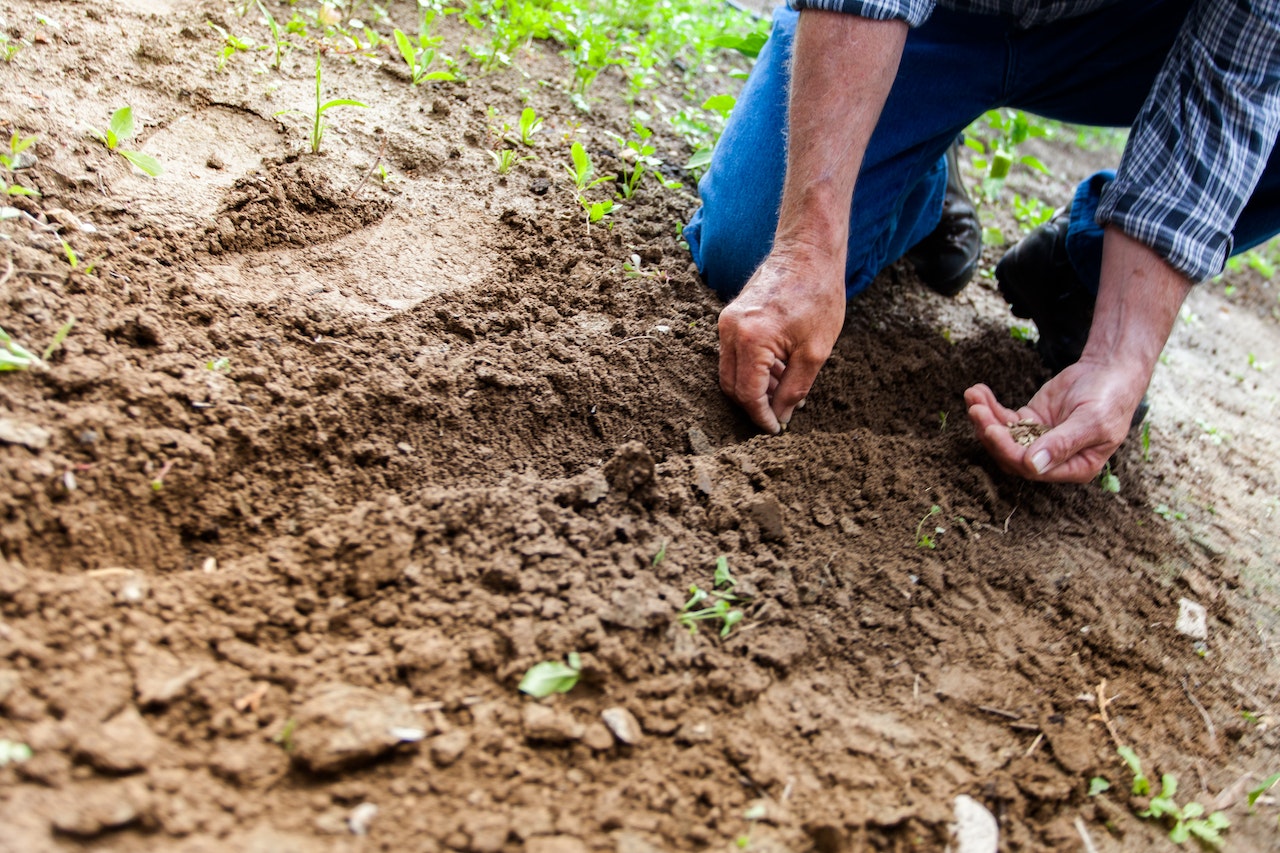
Subscribe our newsletter 💌
Stay at the forefront of nutritional innovation – sign up for our monthly newsletter and be the first to learn about new products and exciting updates from Integrity Food Co!
Combatting Crop Diseases
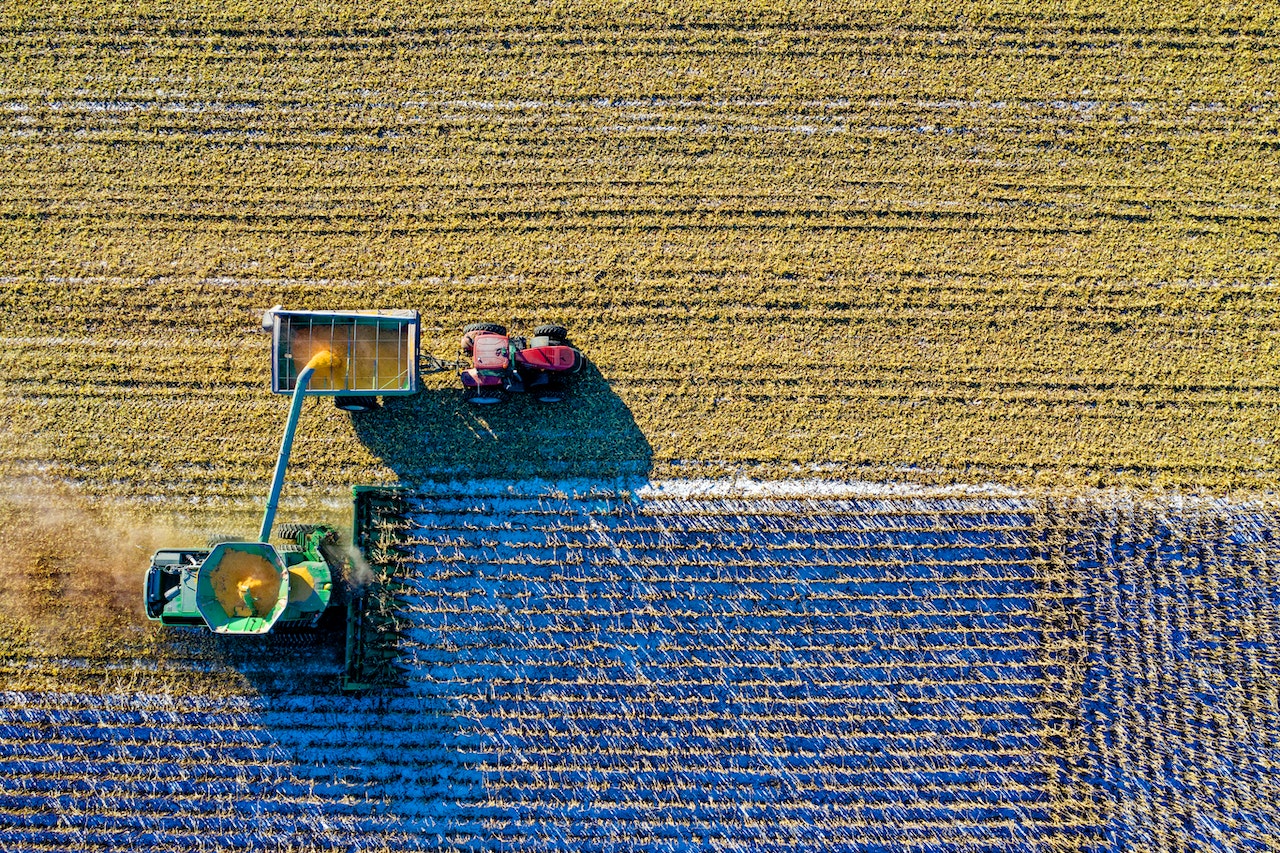
Preventing Soil Erosion
In addition, intercropping (growing two or more crops together) and growing cover crops not only help prevent soil erosion, but they also help replenish the soil with essential nutrients while minimizing the presence of weeds. Additionally, sustainable farming manages irrigation to reduce runoff, further protecting the soil.
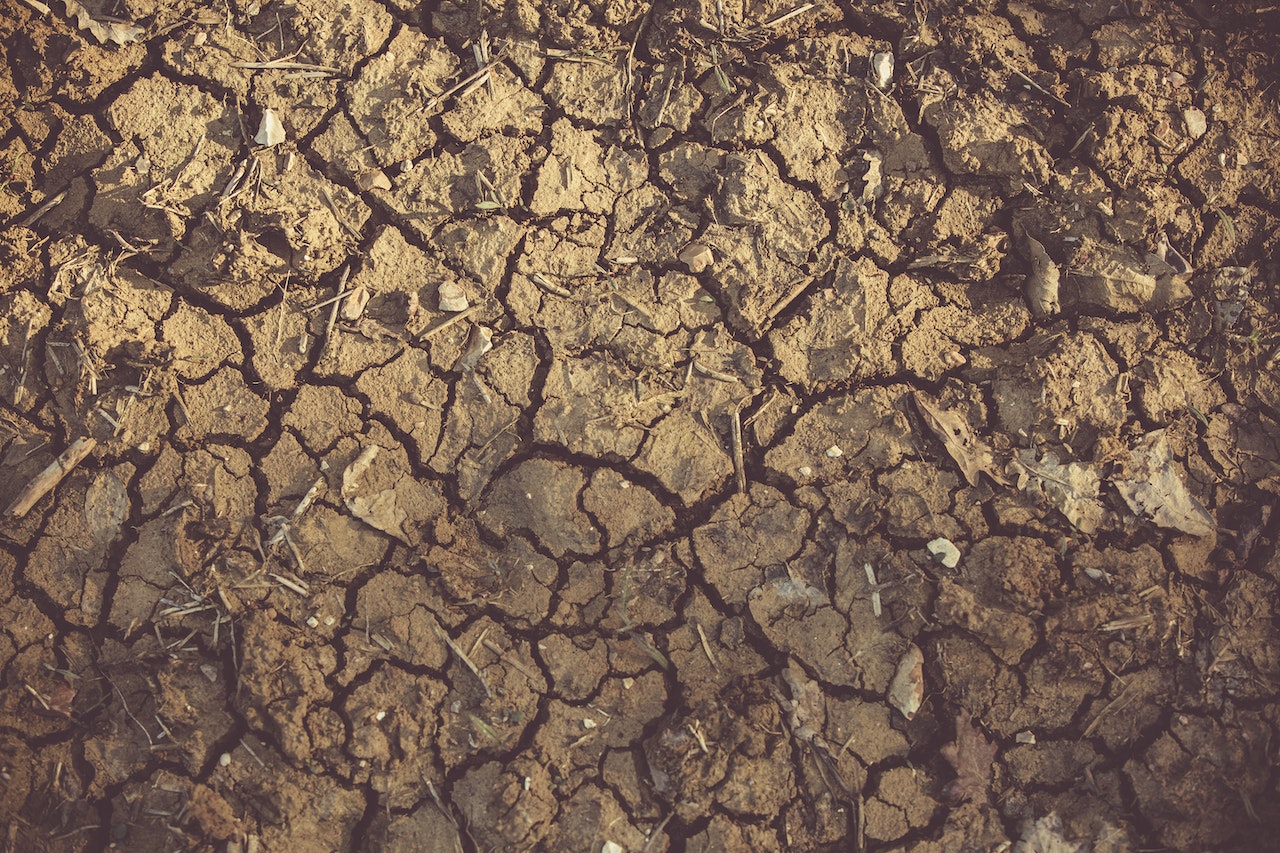
Subscribe our newsletter 💌
Stay at the forefront of nutritional innovation – sign up for our monthly newsletter and be the first to learn about new products and exciting updates from Integrity Food Co!
Reducing Pollution and Chemical Usage
Integrated pest management is employed to identify pests in their initial stages, enabling targeted spraying that doesn’t harm biodiversity or natural wildlife. This methodical, less invasive approach to pest control maintains ecological balance while providing robust crop protection.
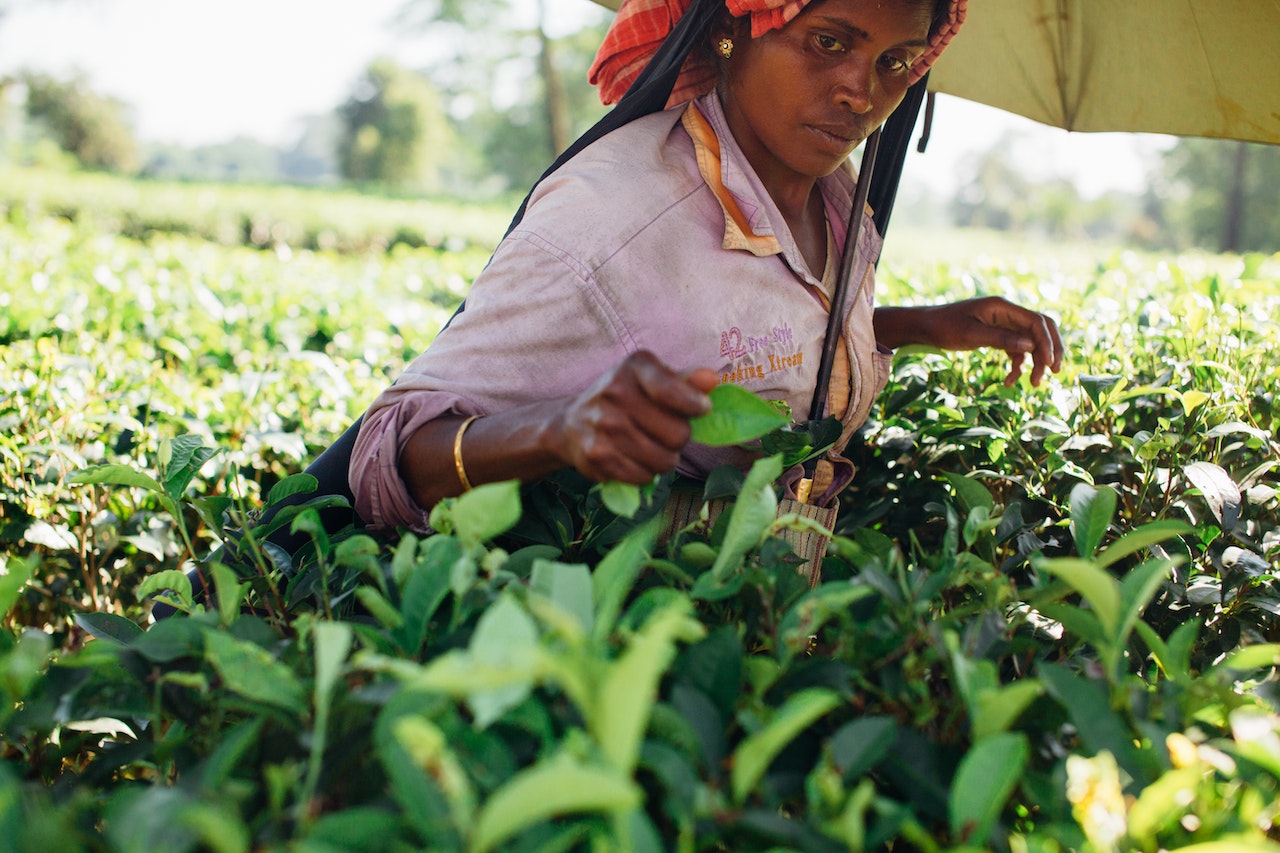
Building Sustainable Communities
By encouraging the resurgence of smaller, family-run farms, it supports rural communities, creating a resilient agricultural ecosystem that benefits everyone.

Promoting Healthier Food Consumption
Similarly, in sustainable livestock farming, animals are raised humanely, without the use of growth hormones and non-therapeutic antibiotics, making the meat safer for consumption.
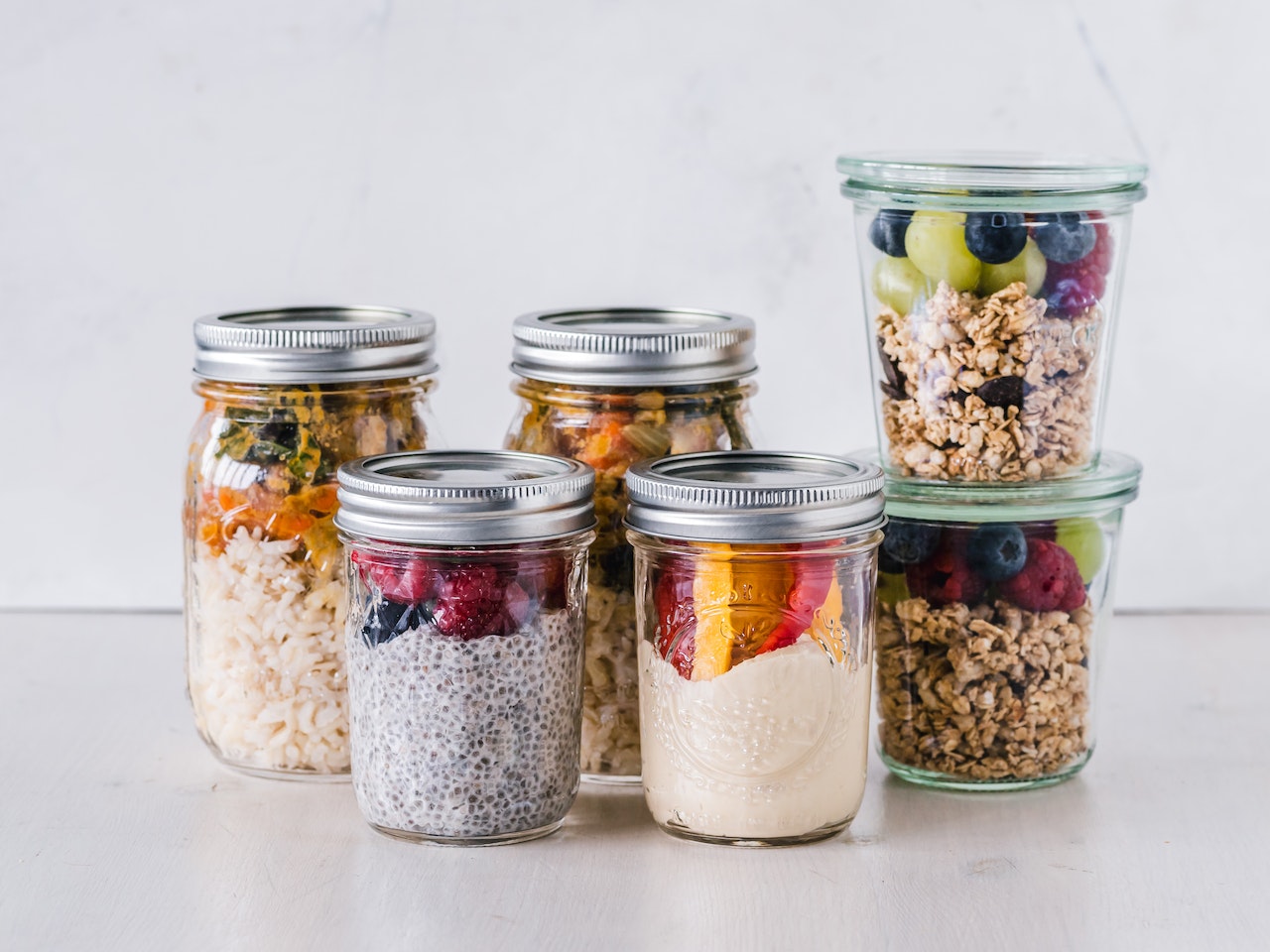
Subscribe our newsletter 💌
Stay at the forefront of nutritional innovation – sign up for our monthly newsletter and be the first to learn about new products and exciting updates from Integrity Food Co!
Improving Animal Welfare
They are not confined to tight spaces but are allowed to roam freely and graze in open pastures. This freedom not only reduces stress levels in animals, leading to improved health and reduced need for medications, but also allows them to engage in their natural behaviors, which is crucial for their overall wellbeing.
Feeding animals their natural diet is another cornerstone of sustainable farming that contributes to their health and the quality of the products they produce, be it milk, eggs, or meat. The humane treatment of animals is not only ethical but also contributes to the quality of the food products we consume.
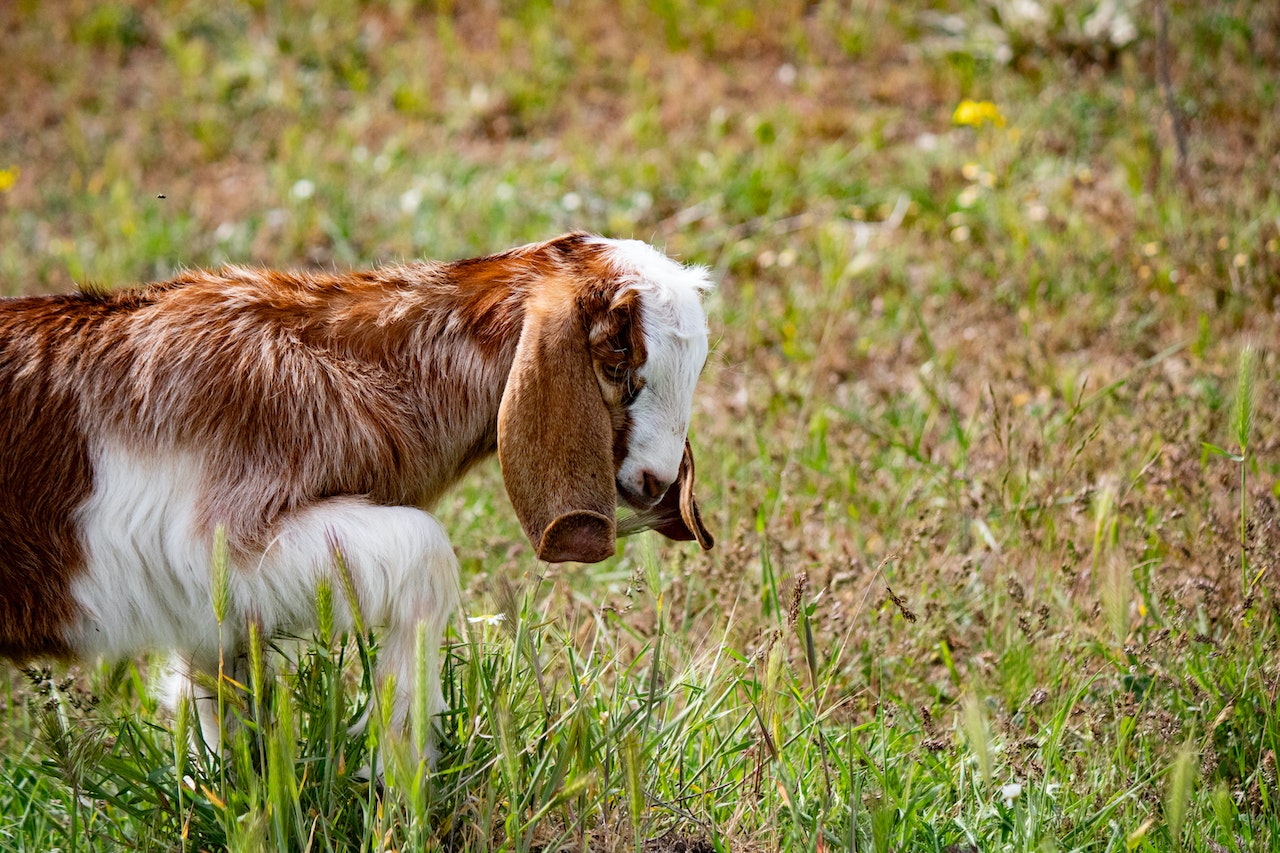
Preserving the Environment
The integration of different systems and landscapes as part of the farm, such as the planting of trees and shrubs along with crops, benefits the environment in numerous ways. It provides habitats for various species, thus promoting biodiversity.
These diversified farms become a haven for wildlife, creating a balanced ecosystem where pollinators, birds, and other beneficial organisms thrive. Moreover, these practices prevent soil erosion and maintain soil health, contributing to a healthier environment.

Utilizing Renewable Energy Sources
In the era of growing concerns about climate change and energy conservation, sustainable farming offers solutions through efficient use of energy. Sustainable farms aim to minimize their dependence on non-renewable energy sources and maximize the use of renewable ones. For instance, they may use solar panels for electricity, wind power for pumping water, or biodiesel for machinery.
This shift not only makes the farms more self-sufficient but also reduces their carbon footprint. Sustainable farming also calls for innovative and efficient water management strategies.
Choosing the right crops for specific seasons, building effective water storage and irrigation systems, and implementing practices such as rainwater harvesting are all part of sustainable water use. By optimizing the use of natural resources, sustainable farming contributes to the broader goal of environmental conservation.

